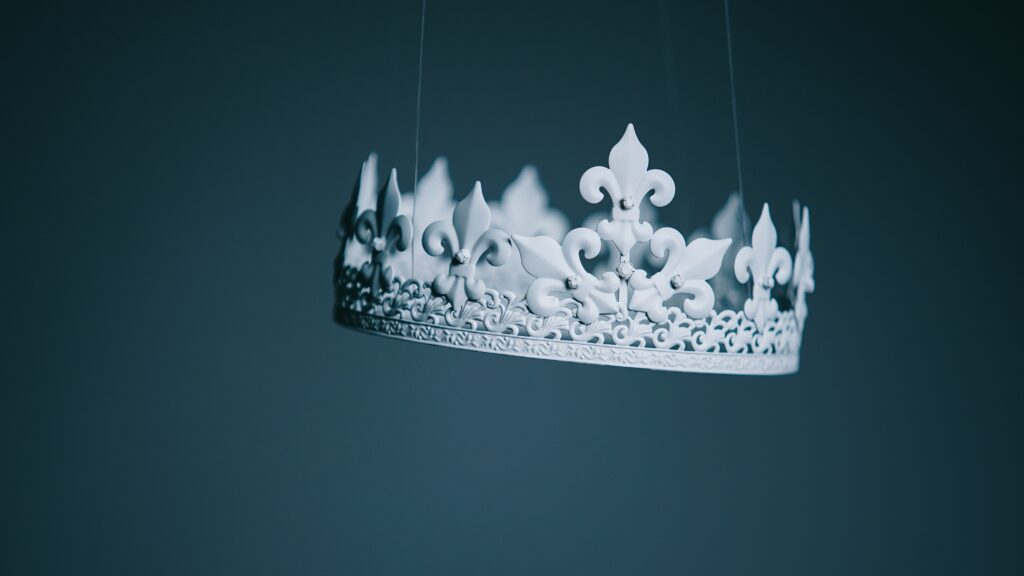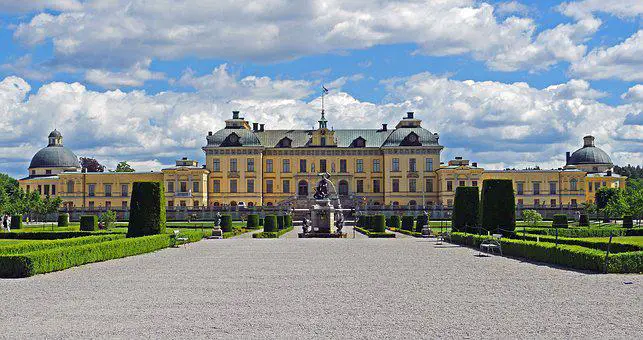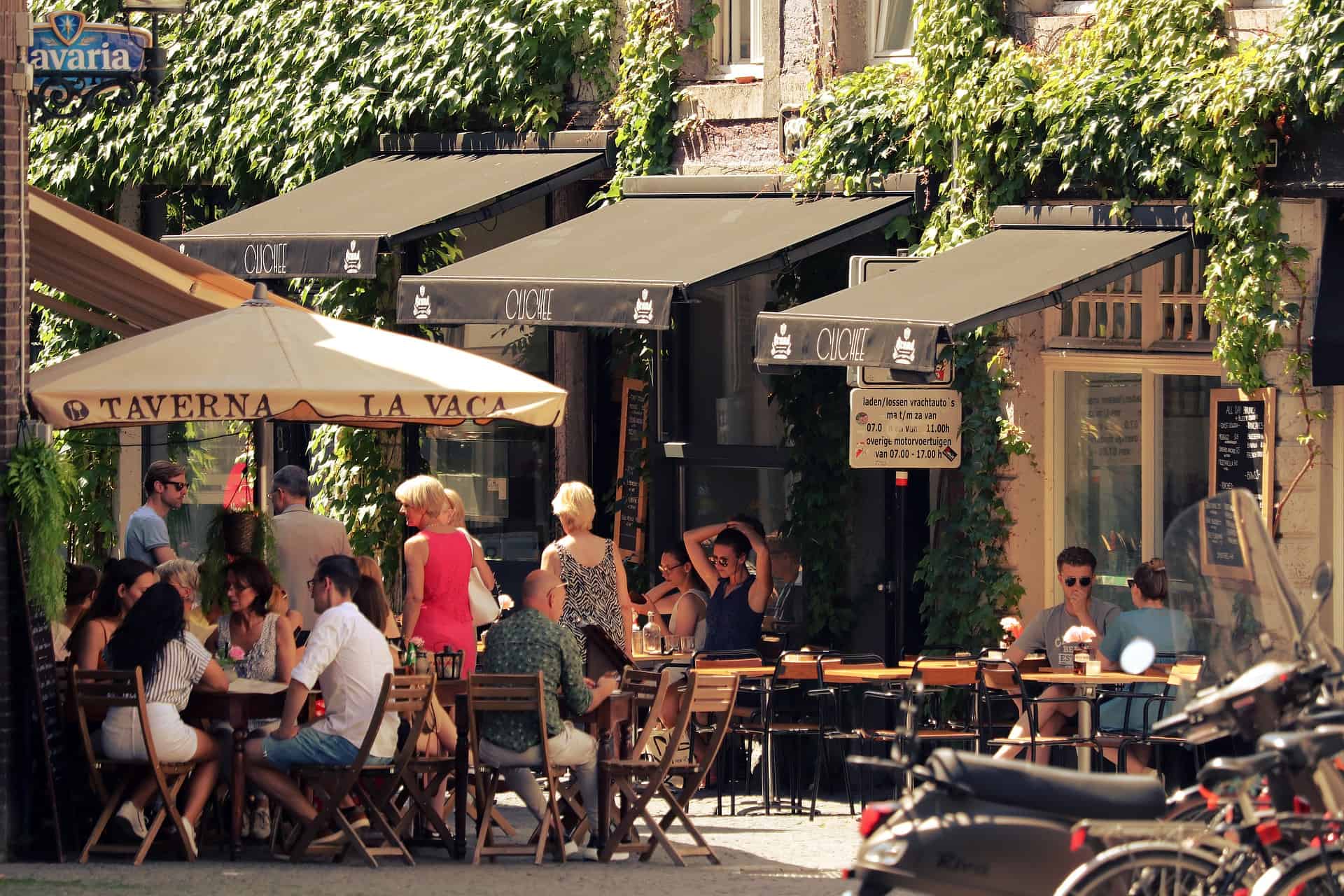A keen observer on how countries run will quickly recognize that the Nordic countries practice an amalgam of systems of administrations. Particularly you will come to realize that the countries practice parliamentary democracy, constitutional monarchy and a decentralized but unitary state. The case is more or less similar in Denmark, Sweden and Noway. However in Finland, you don’t get monarchs as a result of certain historical realities. So in case you’re unsure, just know it that there has never been a monarch in Finland.

Just as a mention, not so many expats in the Nordics spend time to really learn the social and political history of the countries. It may be a tough one for those who do not understand the local languages. This is because such critical historical documents were written in the native language. But then, knowing about the system of governance in Finland just like the rest of the countries makes you look more loyal to your current home.
Colonial interference did not allow Monarchy in Finland
Finland has never had a royal family mainly because of the colonial interference by Sweden and Russia. With no stable polity, it proved impossible to establish a monarchy. Without necessarily appearing academically, you may love to know that the first attempt at creating a monarchy in Finland unsuccessfully happened in 1742 following the Russo-Swedish war. So, Finland remained subject to the two countries’ royal families and did not actively participate in monarchy.
Finland may not have a royal family, but guess what, it has castles such as the Turku castle. They were established in a way to resemble royal chambers just like in the other kingdoms such as Denmark. Their purpose were to host other royal families and defend the ruling kingdoms.
Furthermore, did you know that some tribal leaders in Finland have used the title of a king though there are no traces of it having one. Is it that they love the name, or the form of status associated with it? In history, the only person from the royal family who was buried in Finland is King Eric XIV of Sweden. Nevertheless, the appointed king who was supposed to establish a monarchy in Finland resigned after a month before setting foot there. All in all, that does not still make it a monarchy state.
How the short-lived Finnish Kingdom was created
Have you read how and when Finland got its independence and what happened after? Immediately after Finland acquired independence on 6th December 1917, there was a short brutal civil war. The main reason behind it was because of political clashes. The whites in Finland under the leadership of baron Mannerhiem won the war. After that, they established a kingdom in Finland without the consent of the majority.
During that time, they chose Prince Fredrik Charles of Hesse, a German, as their first king on 9th of October 1918. He then changed his name to Frederik Kaarle to sound Finnish. According to them, Prince Frederik was the ideal candidate for the position. The main reason being he was a descendant of Hesse, a dynasty that had existed for many years. In addition, he had married the granddaughter of Europe’s Grandmother (Queen Victoria).

Unfortunately, the other majority who were against the idea of monarchies did not like the idea of having a German king. The major reason was because of the previous political wrangles, and they felt this was going to be another limitation. Since world war I was at its peak, the white Finns felt it was wise to choose Prince Frederik. The main reason was so that the German empire could protect them from a possible invasion from Russia.
A king that never was
Upon being chosen, King Fredrik started making arrangements to relocate to Finland and assume the throne. Plans of designing his crown resembling the British state crown were also underway, even though the war was not yet over. According to some sources, King Fredrik had intended to insinuate a marriage union between a Finnish woman and his son who was still battling in the war. However, it never happened, and the identity of the Finnish princess was not disclosed.
How the Finnish Kingdom Collapsed
Despite the vivid opposition of a German monarchy in Finland, it was not the reason that hindered King Frederick from ruling. Just after the first world war ceased, the German monarchy came to an end through Kaiser Wilhelm renouncing his crown. King Frederick followed suit and renounced his too after a month. This is probably because of political provocations, though he was yet to wear it.
Satirically, his failure to reign turns out to be the reason he is found in the books of history. Finland, therefore, chose a native viceroy known as Mannerheim to take his place. He steered the armed forces in World War II. Later, he became their president, since the objective of a monarch had lost its path. Basically, that is how Finland got a democratic form of government.
Does Finland regret not having a monarchy
Is Finland in any way regretting not having a monarchy? No, Finland does not regret having the royal family. This is because all recent proposals to recreate a monarchy are always received with amusement. Like in 2014, the National Coalition Party came up with such a kind of suggestion, but they lacked support. Besides, the matter was discussed comically in national media. Thereore, it means that Finland is content as a republic. It is also flourishing in almost all sectors.If you are not in Finland, then you will understand it when you move there.
Are Monarchies Important
Constitutional monarchies have some advantages, that’s why a handful of countries still embrace them. Firstly, they are symbols of unity in a way that they prevent divisions in society related to political parties. They also oversee peaceful power transitions in their states in addition to restricting any form of authority abuse. Monarchs provide a unified ground for its citizens and make them feel part of it just like the case of the United Kingdom.
Furthermore, decision making happens faster with monarchies since it relies on one person’s opinion. In Finland for instance, if there is an issue, the parliament must be consulted first. Doesn’t this lower the decision making process? It does, because parliamentary systems depend on majority votes and a head of state’s signature. Basically, monarchies help the government during emergencies. As a government or rather a country, you do not have to consult lots of people before making a decision.
Finally, monarchies provide well trained leaders. Since the order of succession is hereditary, the crown prince and princess are well enlightened on leadership and political matters at a very tender age. This is what we call leadership with experience. This type of leadership beats the other one where people choose their representative through an electoral process. It is because, how are you sure that one is competent without being in leadership or rather born in it?
Is there anything countries without a monarchy are missing?
Do you think that Finland is missing something since it does not have a monarchy? Maybe yes or no. This is because monarchies are baggage to taxpayers as they are funded by their states. For instance, in the United Kingdom everything, from staff, utilities and maintenance is financed through the Sovereign Grant. It is very expensive to finance and maintain a royal family and the cost seems to be appreciating yearly.
How are the governments using monarchies as compared to the ones without? Interestingly, governments using monarchies are less diverse, because leaders are chosen from the same lineage. Therefore, reducing the overall way of governance since heirs are trained for their role before, they ascend to power. Also, they never get a chance to be ruled by heads from different classes. Meaning leadership is acquired by only wealthy people and those from a different class are denied that chance.
Lastly, countries without monarchies are not a democratic way of leadership. Only the government’s interests are taken care of and not those of an ordinary voter. Therefore, some argue that it should be transformed into a system that can allow the people to choose their representative through election. However, can this happen in countries such as Sweden, Denmark or the UK?



